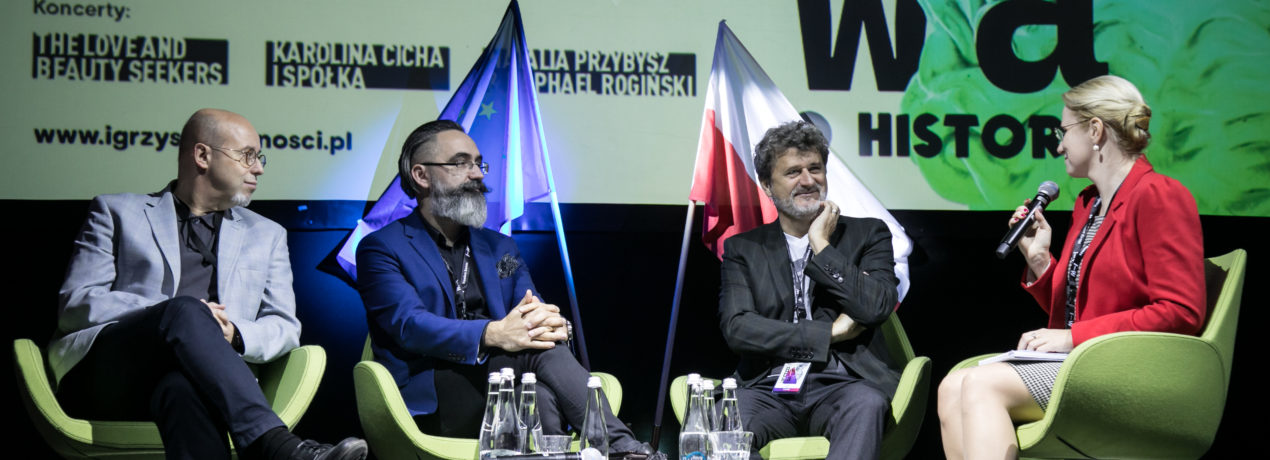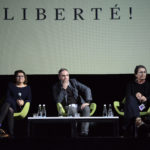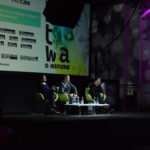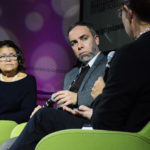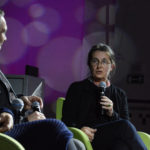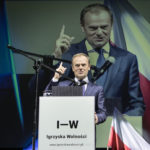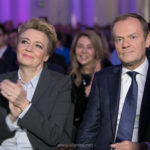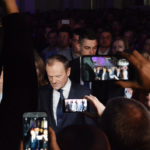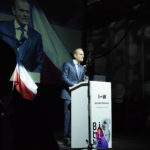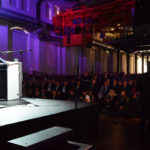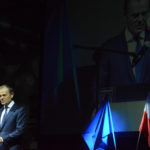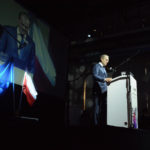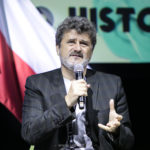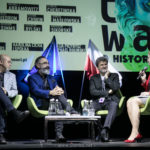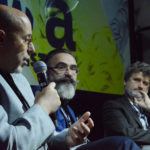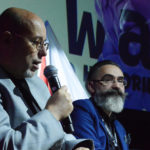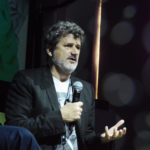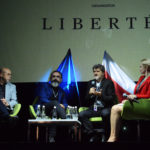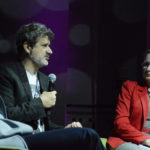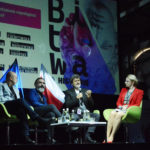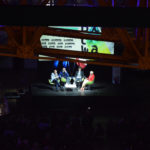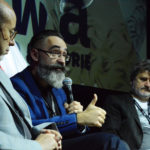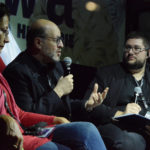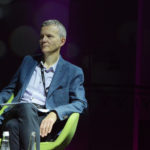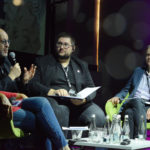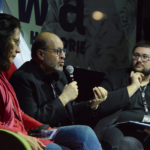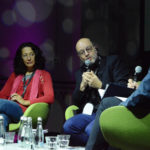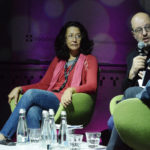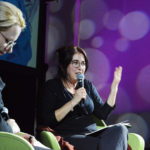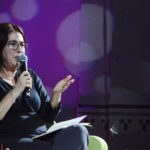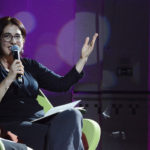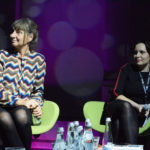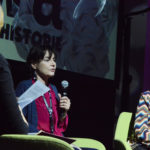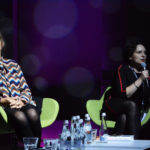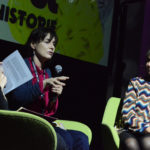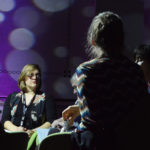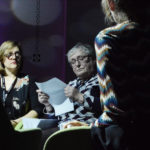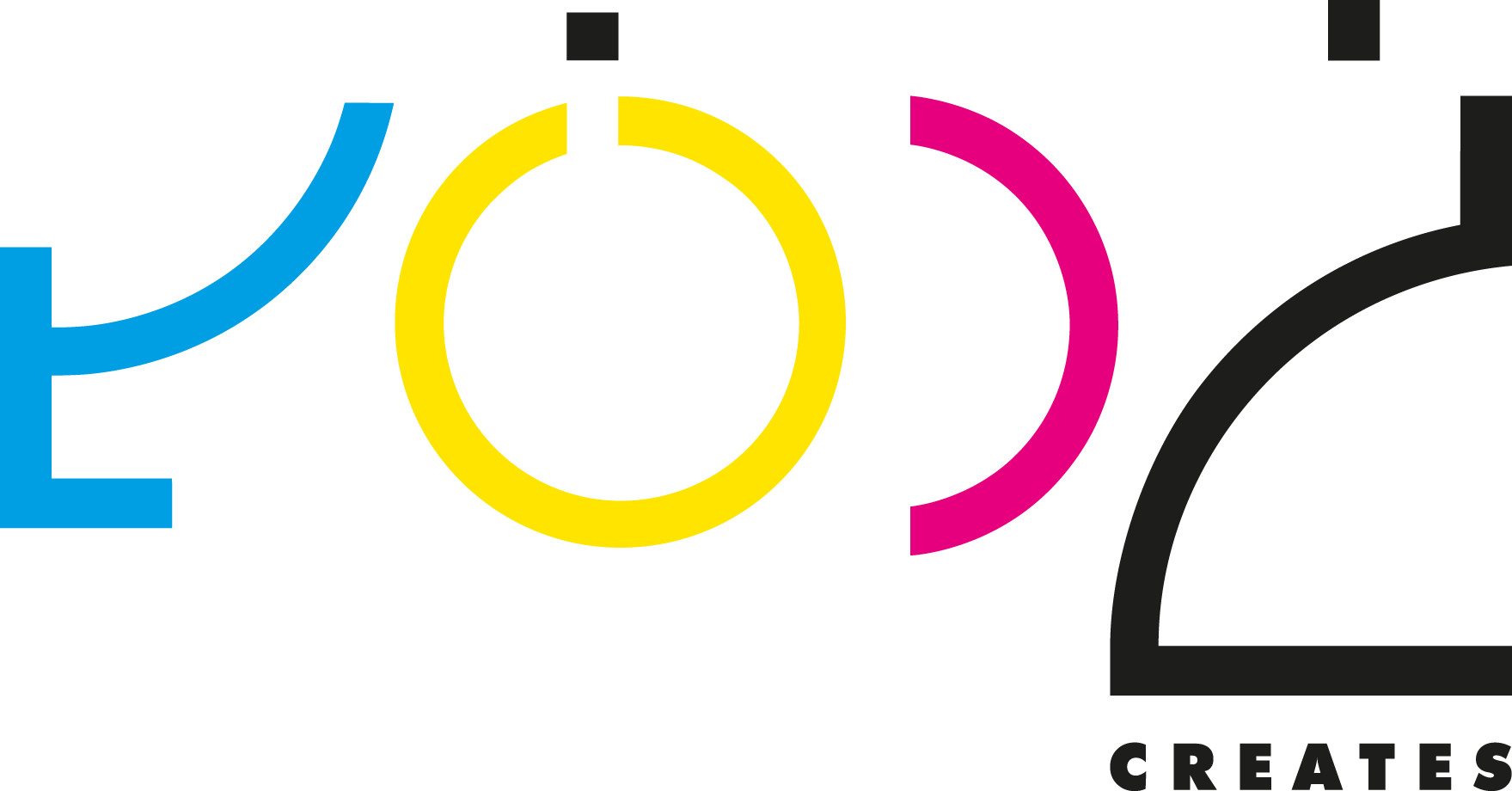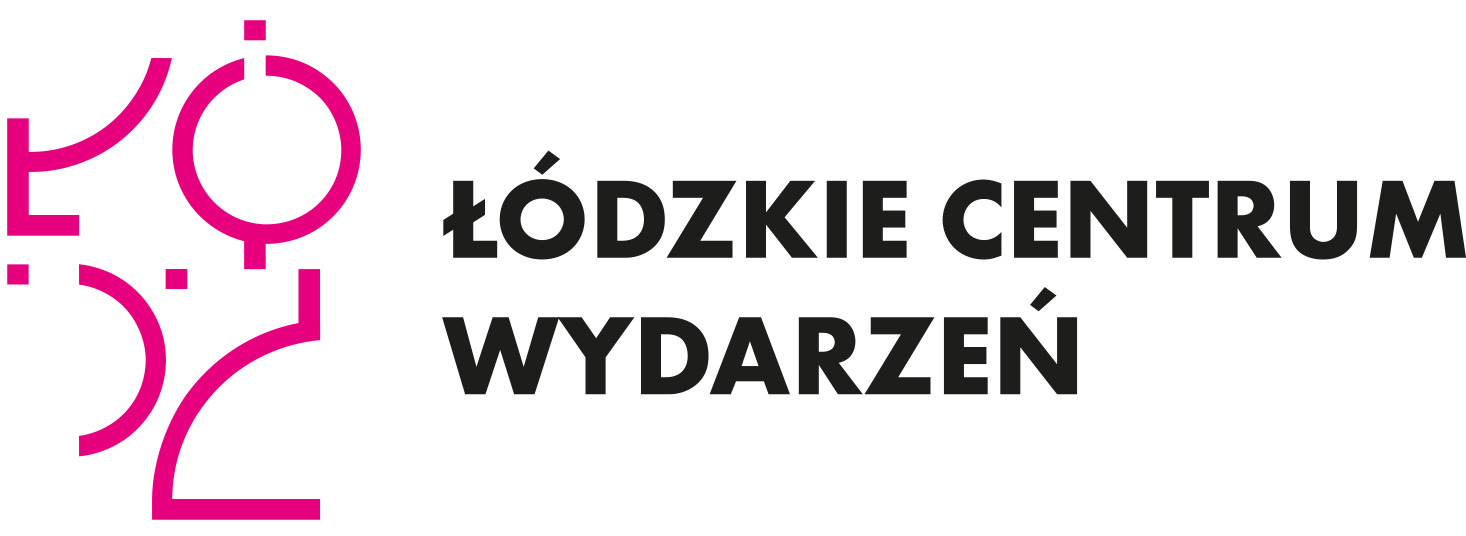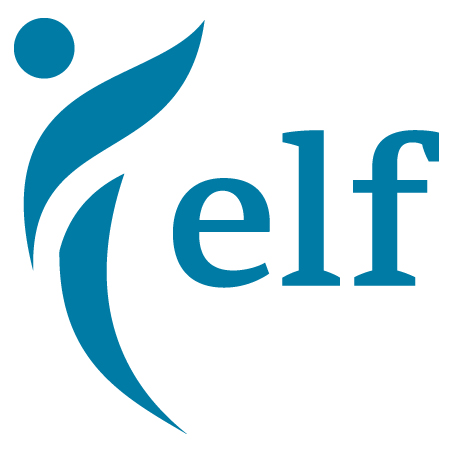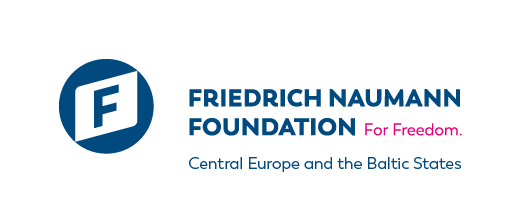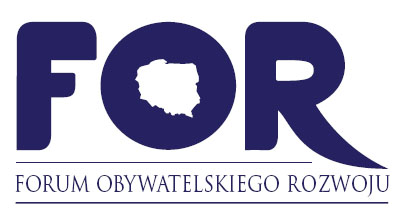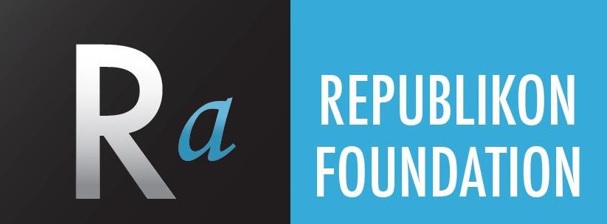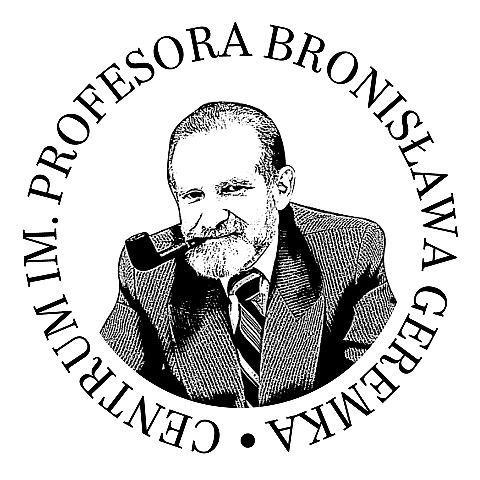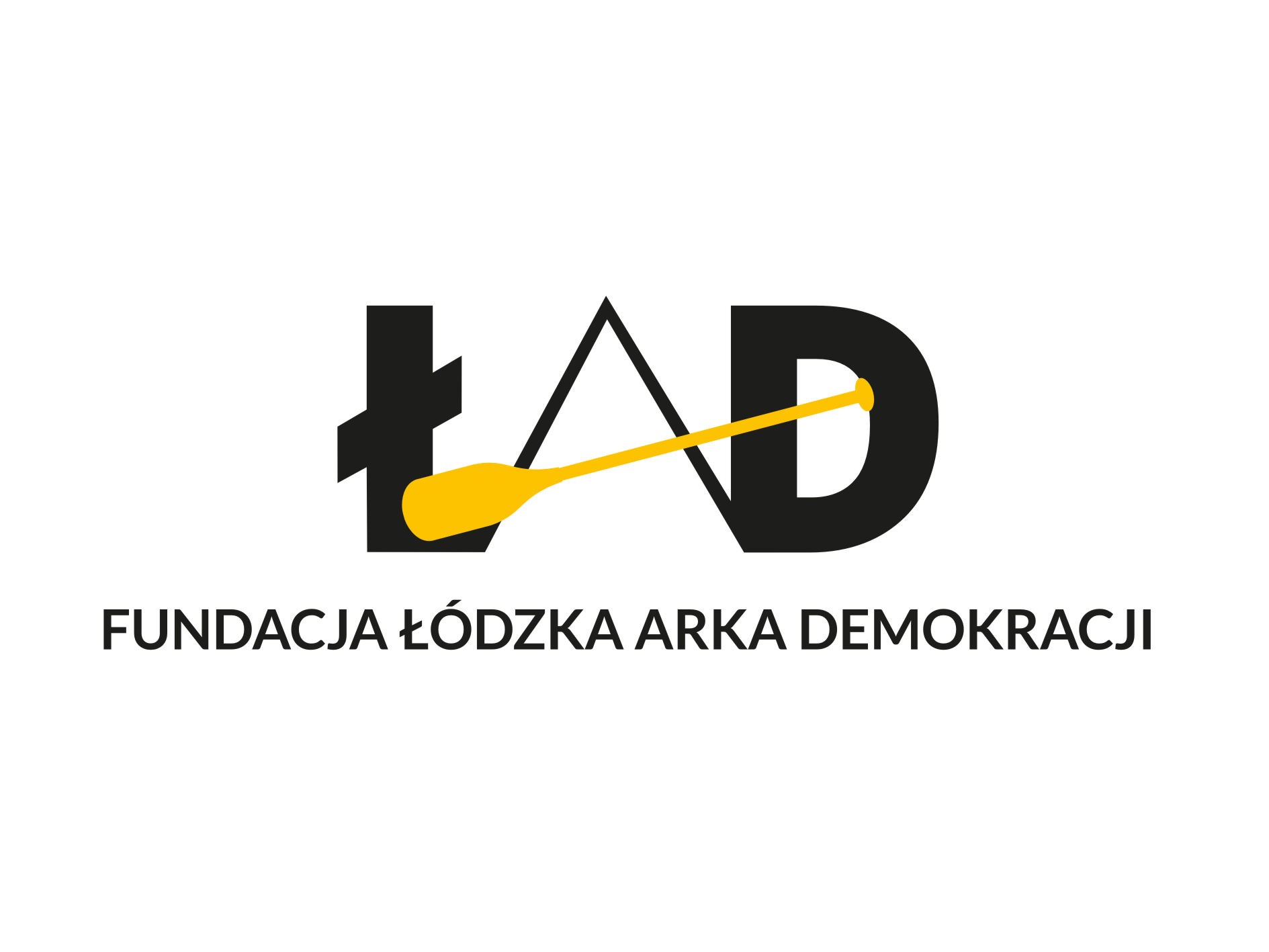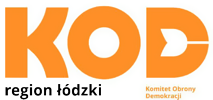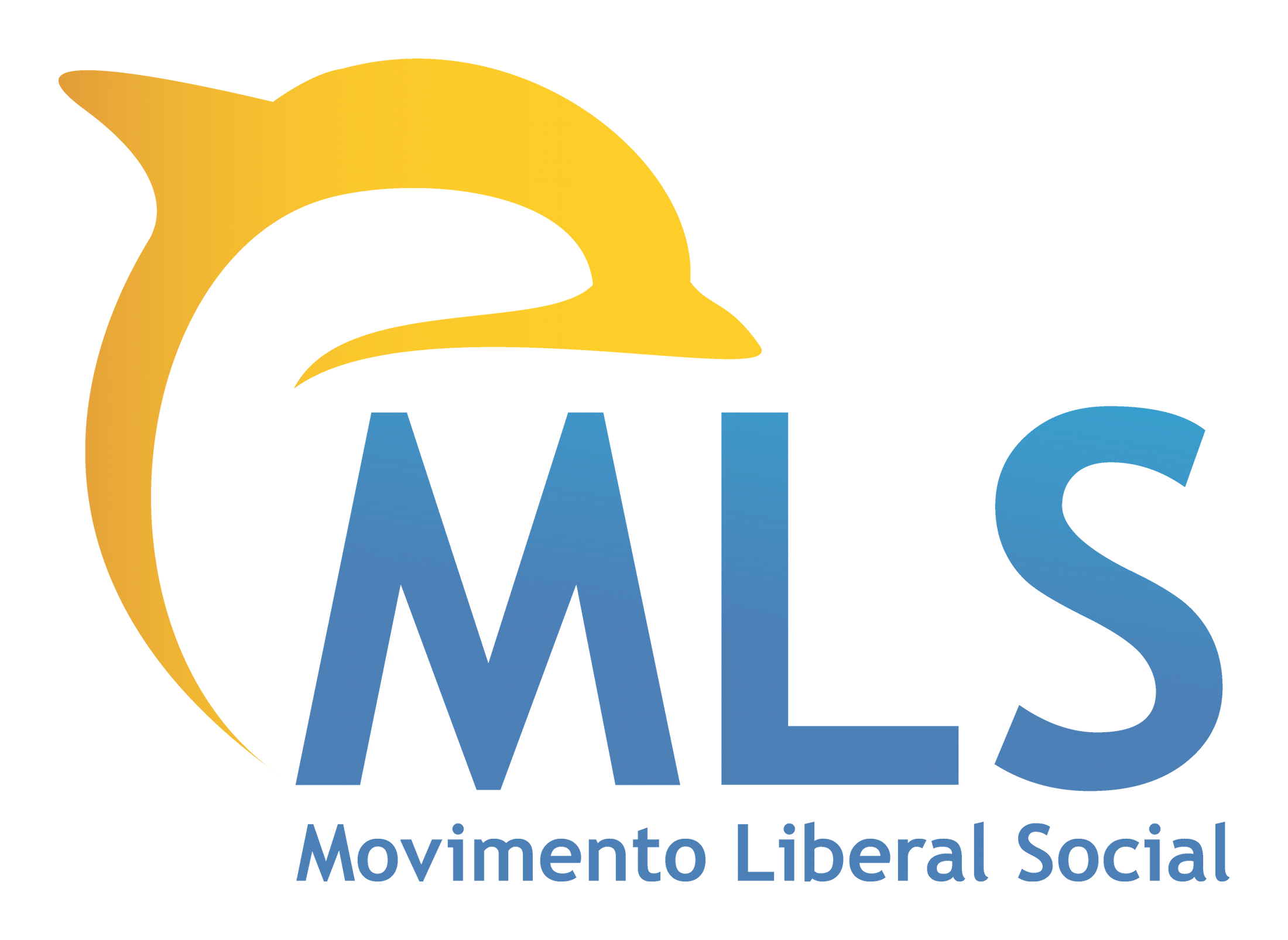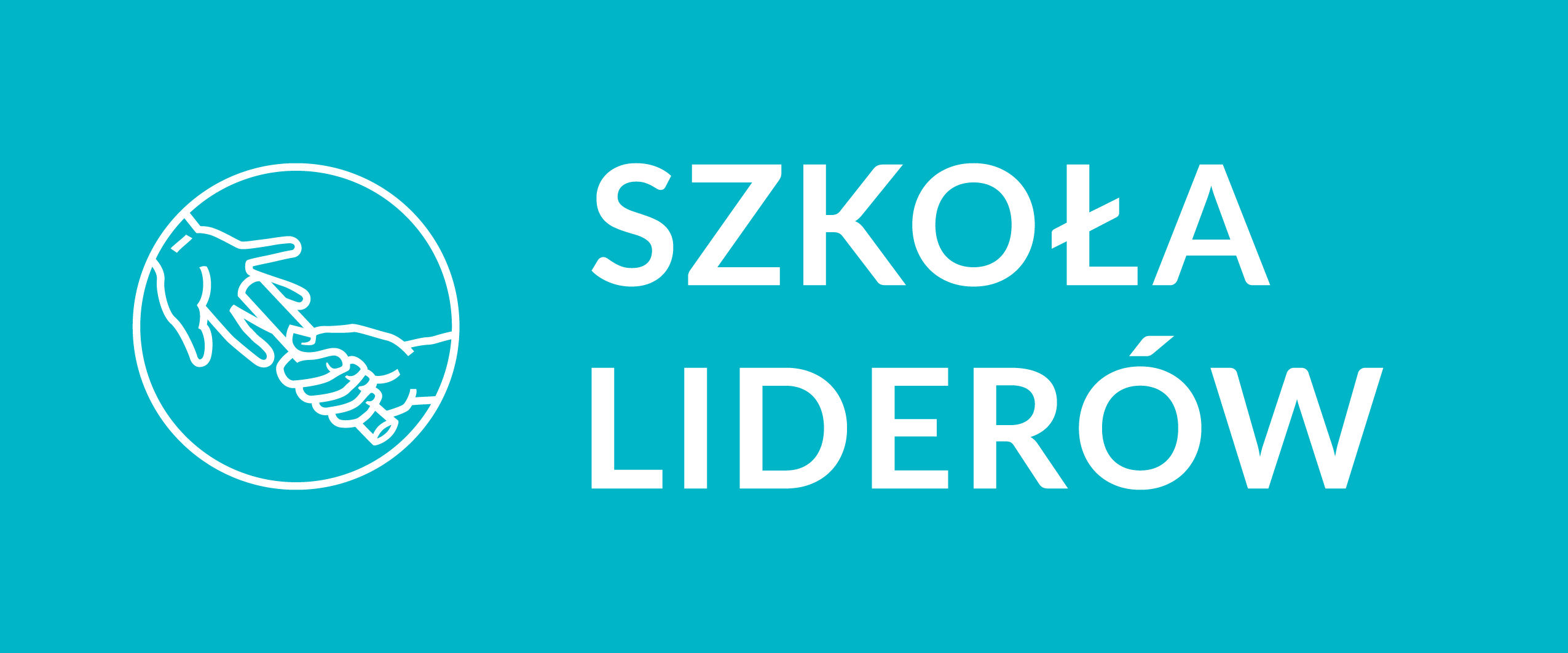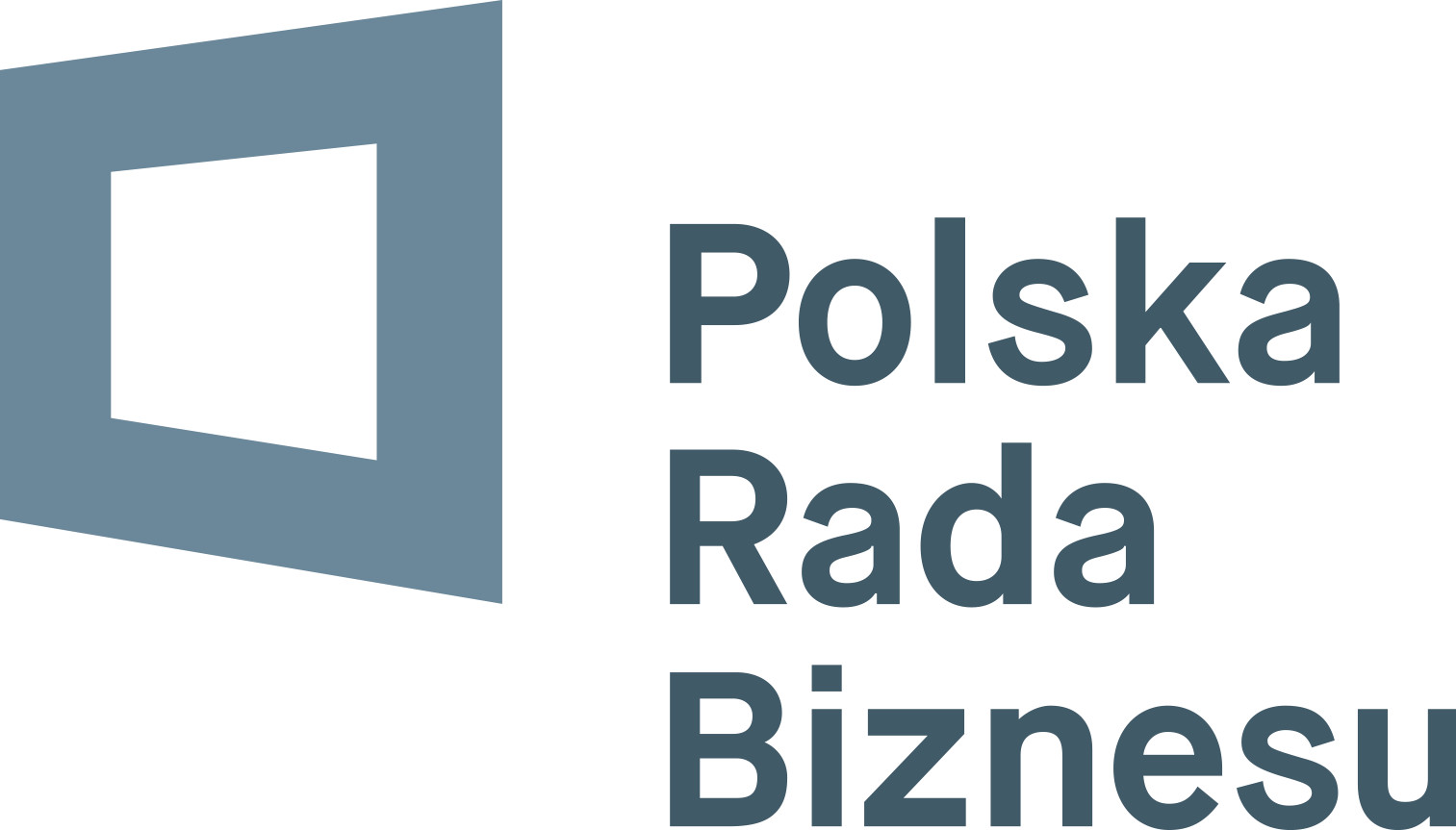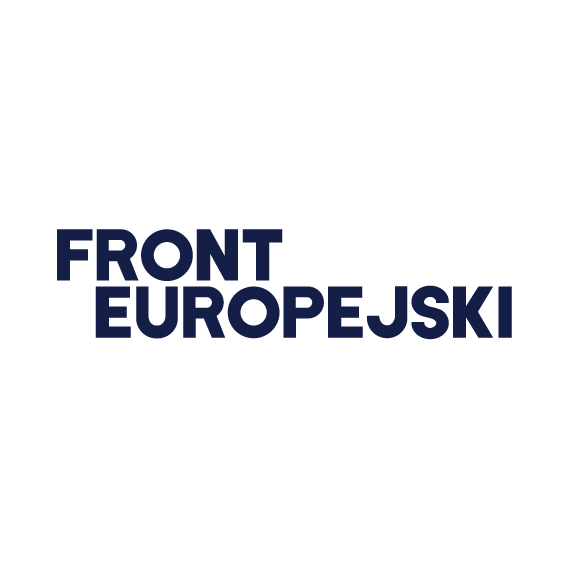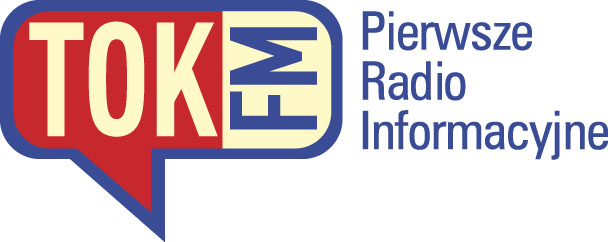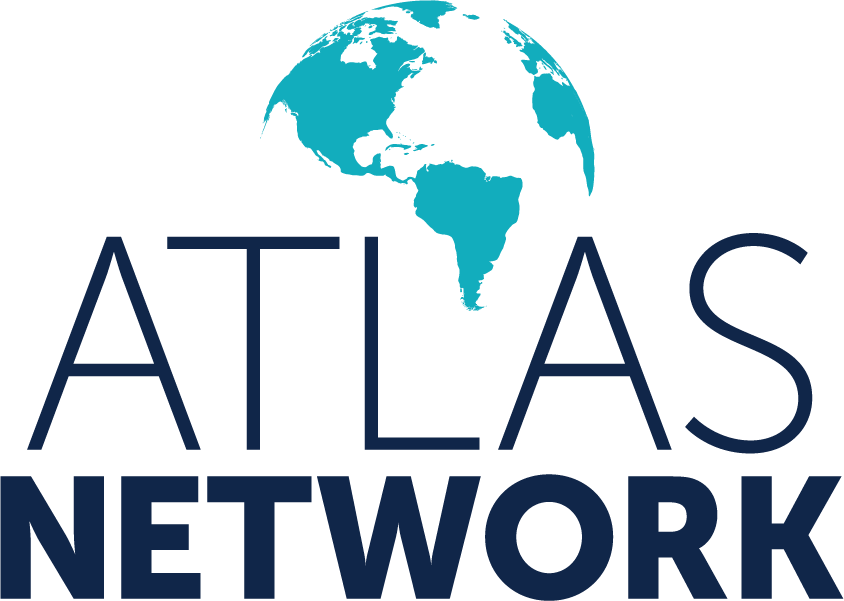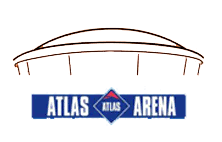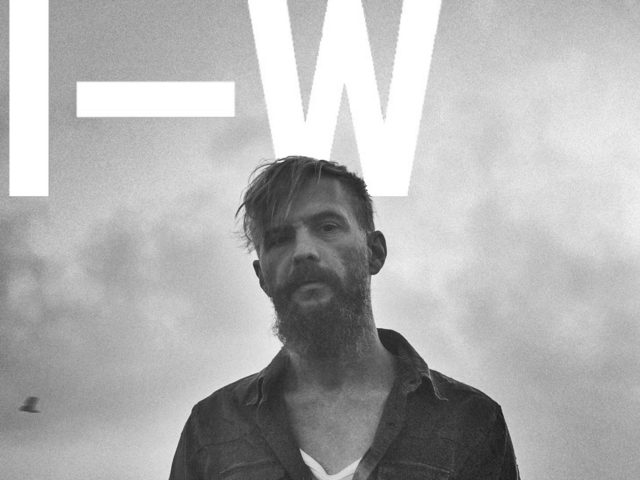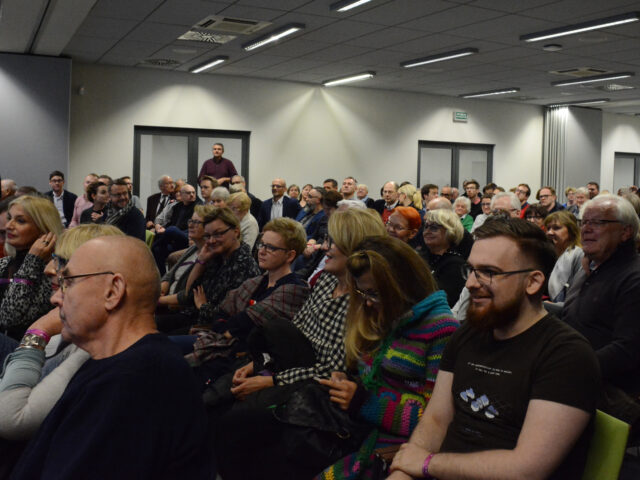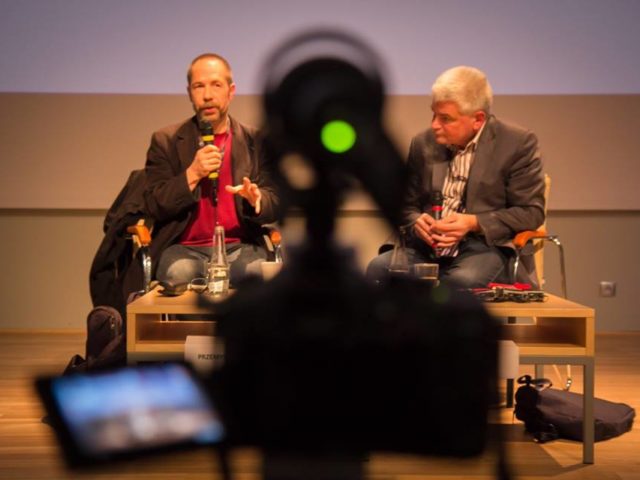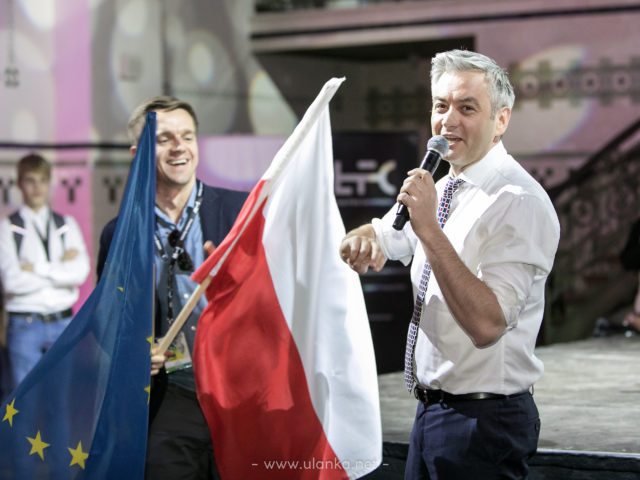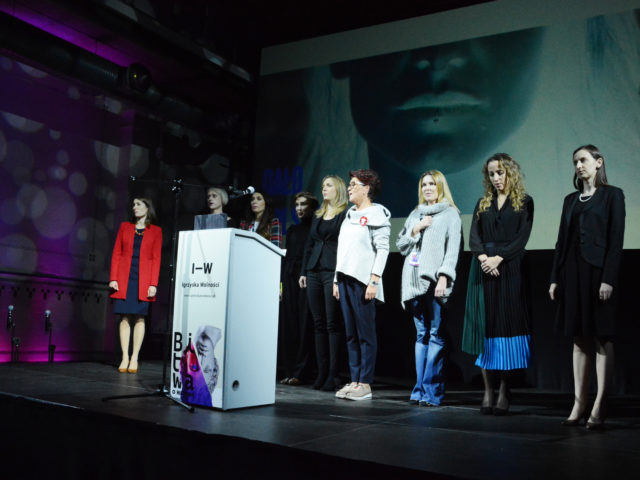The Freedom Games 2018 included the day of the 100th anniversary of Polish independence. It was a perfect occasion to reflect on the various dimensions of the history of Poland and Europe and to draw important conclusions for the future.
During the discussion panel run by Mikołaj Mirowski: “Saving from Oblivion: The Shared Polish-Jewish History” Anna Bikont, an editor of Gazeta Wyborcza and a writer and professor Joanna Tokarska-Bakir, anthropologist of culture and religion, lecturer at the University of Warsaw and writer talked about how narrative connected with the fate of Polish Jews imposes a sense of alienation and exclusion, regardless of the anti-Semitic sentiments cherished in some circles. Joanna Tokarska-Bakir expressed her hope that there are still individual people who want to be “secretaries of true memory”, independent of the interests of politicians, and Anna Bikont called them “islands of remembrance”
- Fot. Joanna Łopat
- Fot. Joanna Łopat
- Fot. Joanna Łopat
- Fot. Joanna Łopat
- President of the European Council Donald Tusk delivering his speech
- President of Lodz Hanna Zdanowska with Donald Tuski
On November 10, Donald Tusk gave a lecture “November 11, 2018. Poland and Europe. Two Anniversaries, Two Lessons”, in which he repeatedly referred to important events and figures from the brightest pages of Polish history. “Every story, every nation needs its heroes. I have already mentioned their names here, but I want to repeat this once again, because it will be very important today, on the eve of the anniversary of independence: after all, Piłsudski said that a nation that does not respect its past does not deserve a good future, so let us emphasize that once as clearly as possible: the hero, the father of our independence is Józef Piłsudski, the hero and the father of our freedom is Lech Walesa, no matter what! And no nonsense historical policy will change this fact” said the President of the Council of Europe.
- Fot. Joanna Łopat
- Fot. Joanna Łopat
- Fot. Joanna Łopat
- Fot. Joanna Łopat
- Fot. Joanna Łopat
- Fot. Joanna Łopat
The panel “Battle of Identity” led by Magdalena M. Baran brought the reflections on the shape of “Polishness”. Andrzej Leder said that this identity is torn. It is based on the battle for national pride and what should be a reason for our satisfaction. Piotr Augustyniak defined national identity as a kind of ballast, which has been pulling the society down many times. The ballast force affects us all. According to the speaker: “The key to understanding the Polish situation and the division is to see what this division allows, what conditions it, and what links the Poles. I would call it post-traumatic ballast. We are a society largely shaped at the level of not only our consciousness created by a series of traumas that marked our society.” Piotr Augustyniak further said that the path to rebirth is to accept suffering. A completely different picture of identity is given by Janusz Palikot: “Poland is a hybrid of various invisibilities and shortcomings. Poland is a past-oriented hybrid. The shortcomings include the lack of basic mythology, the Slavic epic that all nations possess. We do not have a basic story. It causes some kind of cavity, cleansing from identity.
- Janus Palikot during the “Battle of Identity” panel discussion
- “Battle of Identity” panel discussion
- Fot. Joanna Łopat
- Fot. Joanna Łopat
- Fot. Joanna Łopat
- Fot. Joanna Łopat
- Fot. Joanna Łopat
- Fot. Joanna Łopat
- Fot. Joanna Łopat
- Fot. Joanna Łopat
Na panelu „Polityka pamięci” gościliśmy Lubę Jurgenson – wykładowczynię slawistyki na Sorbonie, Paula Gradvohla – historyka specjalizującego się w dziejach Europy Środkowej oraz Janusza Marszalca – historyka. Przewodnim tematem panelu dyskusyjnego prowadzonego przez Sebastiana Adamkiewicza była pamięć w ujęciu politycznym oraz historycznym. Paul Gradvohl podsumował panel mówiąc, że powinniśmy być zdolni tłumaczyć to, co ważne dla nas innym ludziom bez takich samych doświadczeń kulturalno-politycznych. „Najpierw należy rzetelnie nauczyć się historii z wiarygodnych źródeł, a potem propagować ją dalej” – dodał Janusz Marszalec.
Guests of the panel “Remembrance Policy” were Luba Jurgenson – lecturer of Slavic studies at Sorbonne, Paul Gradvohl – historian specializing in the history of Central Europe and Janusz Marszalec – historian. The main theme of the discussion panel led by Sebastian Adamkiewicz was the memory in political and historical terms. Paul Gradvohl summed up the panel saying that we should be able to explain what is important to us to other people without the same cultural and political experience. “First, it is necessary to reliably learn history from reliable sources and then propagate it further” – added Janusz Marszalec.
- Fot. Joanna Łopat
- Fot. Joanna Łopat
- Fot. Joanna Łopat
- Fot. Joanna Łopat
- Fot. Joanna Łopat
- Fot. Joanna Łopat
Marci Shore – a historian of Central Europe and the author of such books as “Caviar and Ashes” or “Ukrainian Night” presented her view on the genesis of the revolution in Maidan and on Polish-Ukrainian relations. According to the author, Maidan has become a pretext for the whole world, including Poland, to consider what it means to be an actor and consider whether we really consider our country a value.
- Fot. Joanna Łopat
- Fot. Joanna Łopat
- Fot. Joanna Łopat
The panel “Pride or Shame? Conflict over Polish History” was attended by professors Andrzej Friszke, Rafał Stobiecki, as well as Krzysztof Iszkowski and Andrzej Saramonowicz. Professor Stobiecki pointed out that the myth underlying the national narratives is elementally harmful, because it presents only one side of history. Andrzej Saramonowicz pointed out that the dilemma contained in the title of the panel makes sense mainly in terms of the future – how we will use the experience of the future to act responsibly.
Participants of the panel “Was Polish History Male-Dominated? Herstory”: Ludwika Wujec, Bogna Świątkowska, Kazimiera Szczuka and Marta Madejska, outlined the basic barrier related to telling stories from a female perspective. The presence of women on the pages of universal history is marginal and although the discussion on this subject is a good step, according to Bogna Świątkowska, unfortunately, it is still happening in the convention of “women about women with women.” Panelists have expressed concern that there is a concrete reason why men’s history is comfortable for patriarchy. It serves to assign specific roles and closures in a specific framework, beyond which we fear to go and thanks to that it is an excellent tool of control and subordination. This awareness should further motivate women to be noticed and active participants in historical events.
- Fot. Joanna Łopat
- Fot. Joanna Łopat
- Fot. Joanna Łopat
- Fot. Joanna Łopat
- Fot. Joanna Łopat
- Fot. Joanna Łopat

